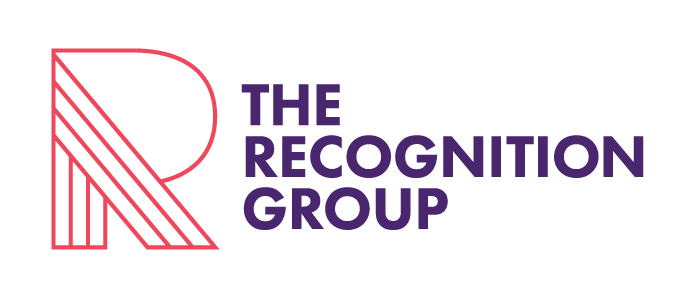Interview preparation: the four Rs
Preparing in advance for a media interview can be the difference between achieving a positive outcome or making an embarrassing error.
Here are four key steps you should take to prepare thoroughly for your next interview:
1. The first thing to do once an interview has been arranged is research.
Research is the foundation for a successful interview. The right research will help you understand the journalist’s agenda, and could help you predict what an interview will be like. If you’re pushed for time, even a short Google search on the related topic can be helpful.
What should you research?
Research the interview topic. You must understand the specific focus of an interview. Make sure you clarify this prior to the interview.
Know the market and commercial environment. You should enter an interview with complete awareness of your company’s market segment and any relevant, recent developments in the commercial environment. A journalist is likely to ask about the economic and commercial context your company operates in.
Know about your company and its products. This may sound obvious, but a lack of familiarity with your company’s goods and services will fracture your credibility both with the journalist and in the marketplace.
Understand the journalist. If you’re aware of a journalist’s past stories, and the subjects they like to cover, this will help you set the tone of the interview.
Be aware of the publication. A journalist might be annoyed if you don’t know about their publication or their audience. You want to establish a good relationship with a journalist, so make sure to read through at least a couple of previous issues of the publication in question, so you’re familiar with the subject areas it covers and the overall tone.
2. Review your key messages and consider them in relation to what you know about the journalist and the publication.
Are your key messages appropriate? Are they newsworthy? If they were developed some time ago, are they still relevant and correct? Could you make them more newsworthy? Revisit what’s been happening in the market lately. Has anything happened which may be relevant to the interview? Make sure you have all the facts and figures you may need. We recommend creating a cheat sheet, so you have data for ready reference, and if there’s lots of information, you won’t forget anything important.
3. Rehearse your answers out loud.
You’d be surprised how often something that sounds great in your head actually sounds confusing when you say it out loud. Practising your answers aloud will also help you identify and refine any half-formed thoughts you might have.
4. If you’re relaxed in an interview, you’ll sound confident, trustworthy, and you’ll be less likely to make mistakes.
So, take a deep breath, and try to enjoy it.
Going into an interview knowing you’ve done your research can help you perform well and achieve your goal of a positive outcome.
For more information on preparing for interviews, or to book a media training session, contact us today.
